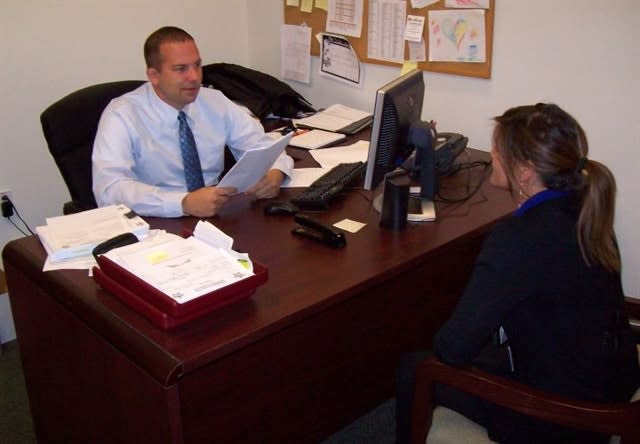A Field Training Officer (FTO) must rely on well-developed counseling skills when coaching recruits. Each day, an FTO completes a Daily Observation Report (DOR) requiring at least one face-to-face counseling meeting. It's a daily skill that should not be deemed trivial.
First and foremost, counseling is an art that you don't master the first time or by suffering through a boring psychological lecture. You learn by doing. You'll make mistakes, and you'll have to work hard every time you have a counseling session. However, if you're a good FTO or supervisor, you've developed your own skills and knack for handling most unpleasant situations.
Remember, counseling does not have to take place in a formal office setting. For me, the FTO counseling can occur on the side of the road, in a patrol car, over coffee in a dive of a diner, or wherever life's little moments occur. I've never liked to delay counseling because it's like the "wait until your father gets home" threat made to a fussy child.
For me, counseling should be made in a timely fashion. If you're performing a skill or task unsafely or improperly, the correction and reasoning of why should come while the event is still fresh. Not in the middle of a call, but after the dust settles. If an happened at the very beginning of a shift, you might forget about it if you wait until the end of the shift.
Secondly, if it was an error on the basics, then without intervention the mistake could be repeated with more catastrophic results on the next call. My cardinal rule is to praise in public and chastise in private. Step the recruit away and make the correction or verbal direction. Yes, if you must document this it can be done at the next DOR signing.
The toughest counseling sessions are usually the first ones, because you don't know the recruit well enough to address trigger points or have a full understanding of his or her knowledge, skills, and abilities. Counseling is a coaching skill to motivate a marginal performer to correct errors and maximize performance.
Here are hints for success with your recruits. Follow these steps. Start with the reason for the discussion: "You did X when the procedures called for Y, and this is a failure/safety violation." Give the recruit a chance to explain his or her stance and the reasoning behind it. Now, reformulate your comments in response to this. Explain what was wrong, how the version is not acceptable, and what your expectations are for the next time and what the penalties could be. (Don't use "You'll get killed" too often).
Once the session is over, it can be documented later, because sometimes counseling must be done on the move. When it's over and the recruit has learned, it's over. Don't harp repeatedly on old mistakes that have been corrected and should be long forgotten. Finally, try to close on a positive note. This can be hard to do, but offering reassurance so recruits feels they can excel in the future to a point where they know they can win is where we want them. Nobody gains when all leave on a gloomy note.
This is not the complete book on counseling, just a few reminders. For me, this can be the most critical job of an FTO or supervisor. Work hard, train smart, and make your students successful.












